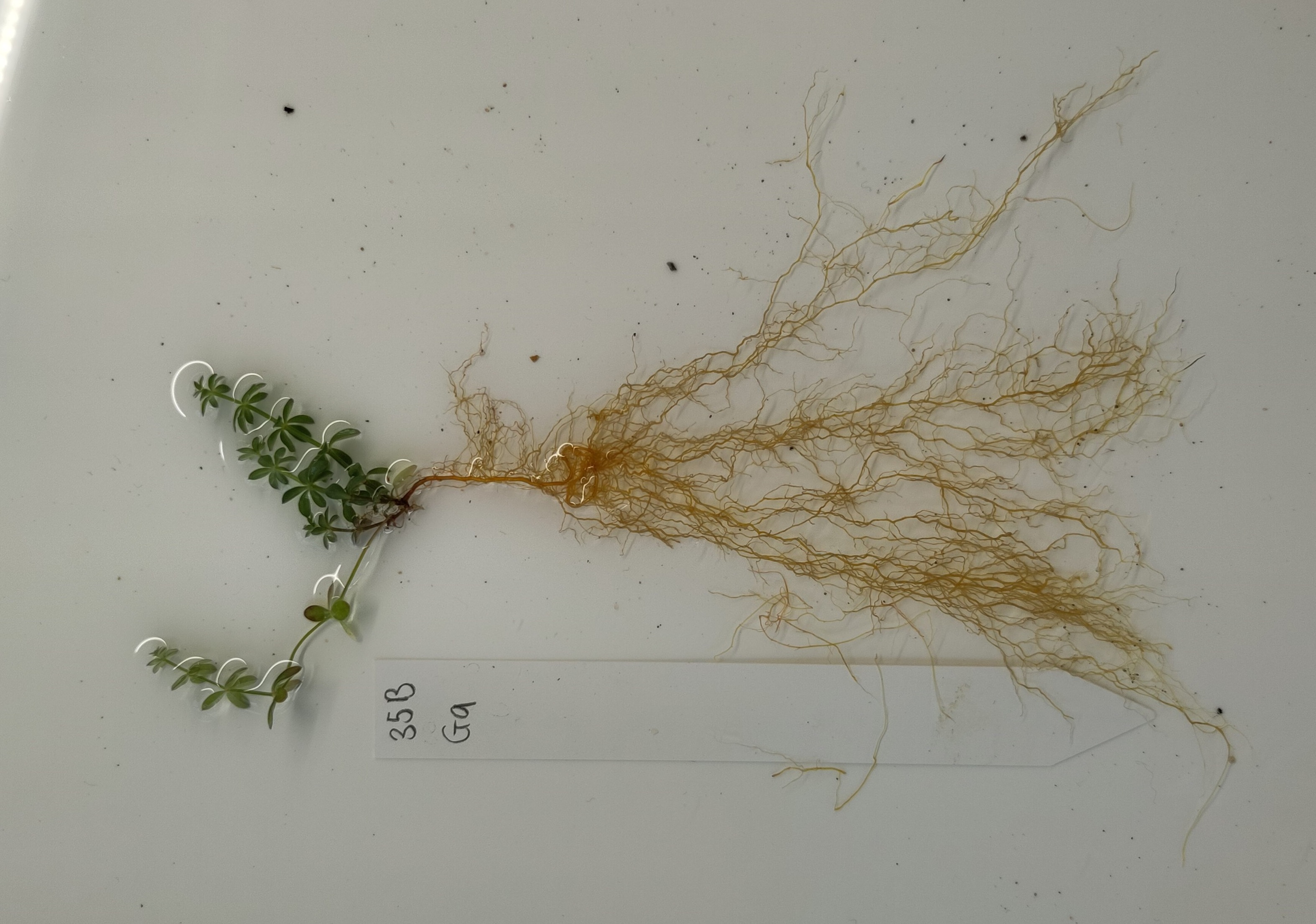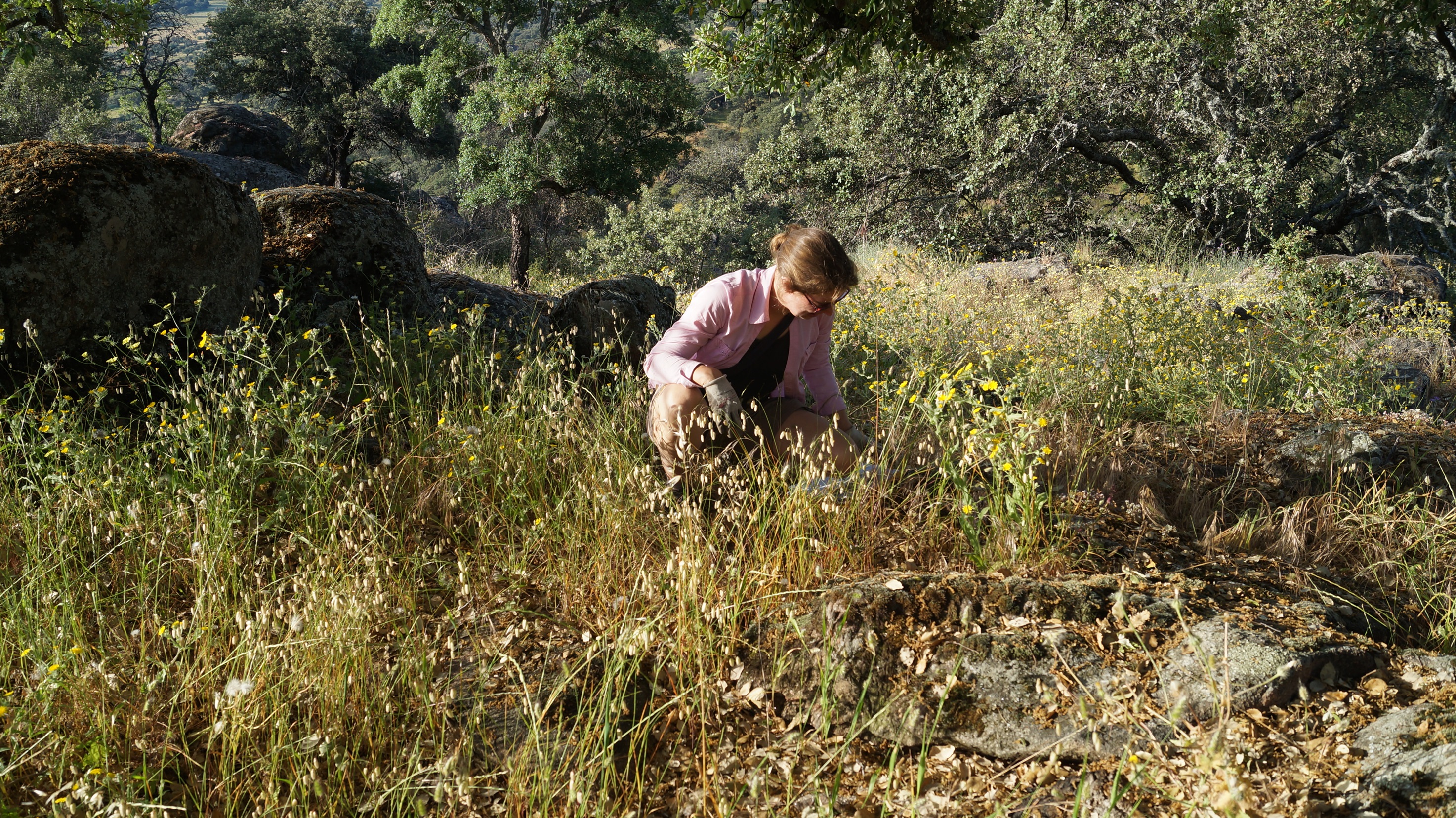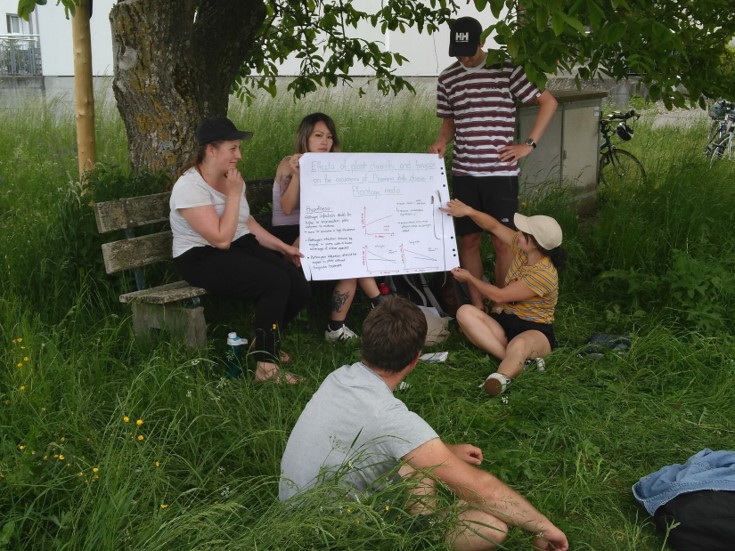Underground ecology & species coexistence
Roots, mutualists and pathogens


Belowground ecologist & global change biologist
I like to combine observations along environmental gradients with controlled experiments and profiling of the microbiome, to unravel the mechanisms underlying plant-soil feedback under changing conditions. I currently work at the [University of Bern], where i am a researcher and lecturer in the [Allan Ecology] group. My research focusses on belowground plant interactions mediated by mutualistic and pathogenic fungi and how these interactions respond to global change.
A considerable part of the biosphere is hidden belowground.
Recent advances in ecological methods help to better understand how various intertwined life forms interact. By combining plant-soil feedback experiments with microbial sequencing approaches, we try to disentangle the impact of various fungal components on plant-plant interactions and plant diversity. Additionally, we ask how mutualistic, pathogenic and plant interactions are affected by changing environmental conditions, like global warming or increasing summer droughts. Finally, we aim to understand how these interactions affect ecosystem functioning as a whole and how these interactions contribution to the services various ecosystems provide for human wellbeing.

Approaches, Methods & Teaching
I love transdisciplinary teaching and collaboration and think that we live in exciting times where new interdisciplinary solutions are needed.In my current position, I coordinate and co-lead several courses. For example, in the course “The importance of biodiversity for sustainability”, we use various discussion formats were students learn and think about biodiversity ecosystem functioning relationships and the resulting impact on ecosystem services, such as pollination and human health. Additionally, we examine the main drivers of biodiversity change and guide the students in how to critically assess and translate scientific research.